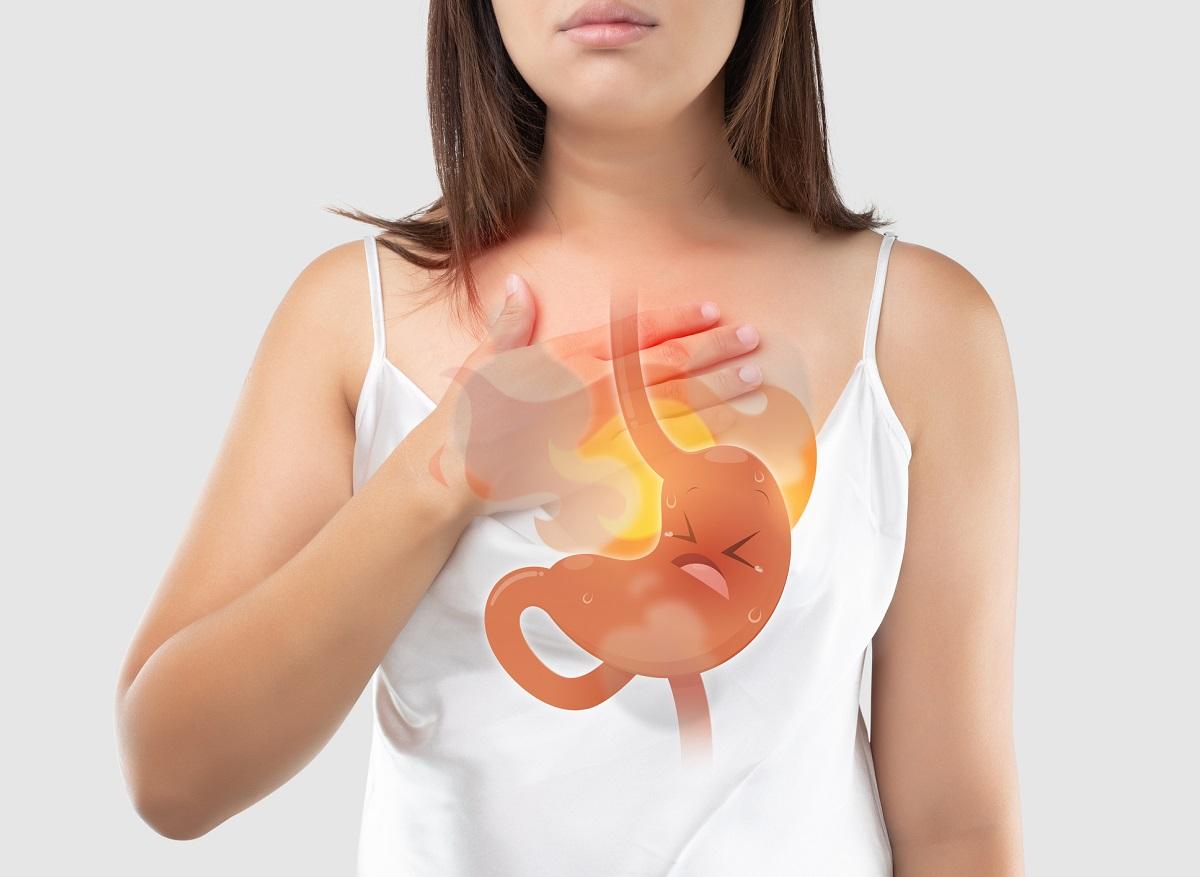Heartburn due to gastroesophageal reflux disease (GERD) affects millions of people. By applying these modern solutions, you can take control of your symptoms and live a more comfortable and active life.

- Gastroesophageal reflux disease can be effectively managed through a combination of medical treatments, lifestyle modifications and technological innovations.
- Adopting a proper diet and stress management strategies can also help reduce symptoms.
- By consulting a healthcare professional and exploring these options, you can significantly improve your quality of life.
Advances in treatment and lifestyle adjustments offer hope to all those suffering from this common condition. Learn the latest solutions to effectively manage this condition and improve your quality of life. Gastroesophageal reflux disease (GERD) is a common condition where acidic stomach contents back up into the esophagus, causing heartburn and other unpleasant symptoms. According to a study by the American Gastroenterological Association, approximately 20% of adults in the United States experience GERD each week. This condition, while common, can seriously affect quality of life if not treated properly. Fortunately, there are modern and effective solutions to relieve this heartburn.
Understanding Gastroesophageal Reflux
GERD occurs when the lower esophageal sphincter (LES) does not work properly, allowing stomach acid to back up into the esophagus. Common symptoms include heartburn, acid regurgitation, chest pain, and difficulty swallowing. Risk factors include obesity, pregnancy, smoking, and eating certain foods and drinks such as coffee, alcohol, chocolate, and spicy foods.
Medical solutions
The first line of treatment for GERD is often medication. Over-the-counter antacids can provide quick relief by neutralizing stomach acid. H2 receptor antagonists, such as ranitidine, and proton pump inhibitors (PPIs), such as omeprazole, reduce acid production and are more effective for long-term treatment. A recent study in the New England Journal of Medicine showed that PPIs are particularly effective in curing erosive esophagitis, a complication of GERD.
Lifestyle changes
In addition to medications, lifestyle changes can significantly reduce GERD symptoms. Losing weight, if you are overweight, can decrease pressure on the abdomen and reduce reflux. Avoiding large meals and not lying down immediately after eating are simple but effective strategies. Eating the head of the bed is also recommended to prevent nighttime reflux.

Adapted diet
Proper diet plays a key role in managing GERD. Avoiding foods and beverages that trigger symptoms is a good idea. Meals high in fiber and low in fat can help control symptoms. Foods like bananas, melons, oatmeal, and green vegetables are often well tolerated by people with GERD. Adequate hydration is also essential, but avoiding carbonated beverages and citrus juices can make symptoms worse.
Technological innovations
Technological advances are offering new options for treating GERD. Endoscopic procedures, such as Stretta therapy, use radiofrequency waves to strengthen the LES and reduce symptoms. Additionally, implantable devices such as the LINX system, a magnetic ring placed around the LES, help prevent reflux. These minimally invasive procedures are becoming increasingly popular because they offer long-lasting results with relatively short recovery times.
Support and alternative therapies
Psychological support and alternative therapies may also play a role in managing GERD. Stress is a recognized aggravating factor, and stress management techniques such as yoga, meditation, and behavioral therapy may be beneficial. Some studies suggest that acupuncture and herbal medicine may also provide symptomatic relief for some people, although more research is needed to confirm their effectiveness.


















